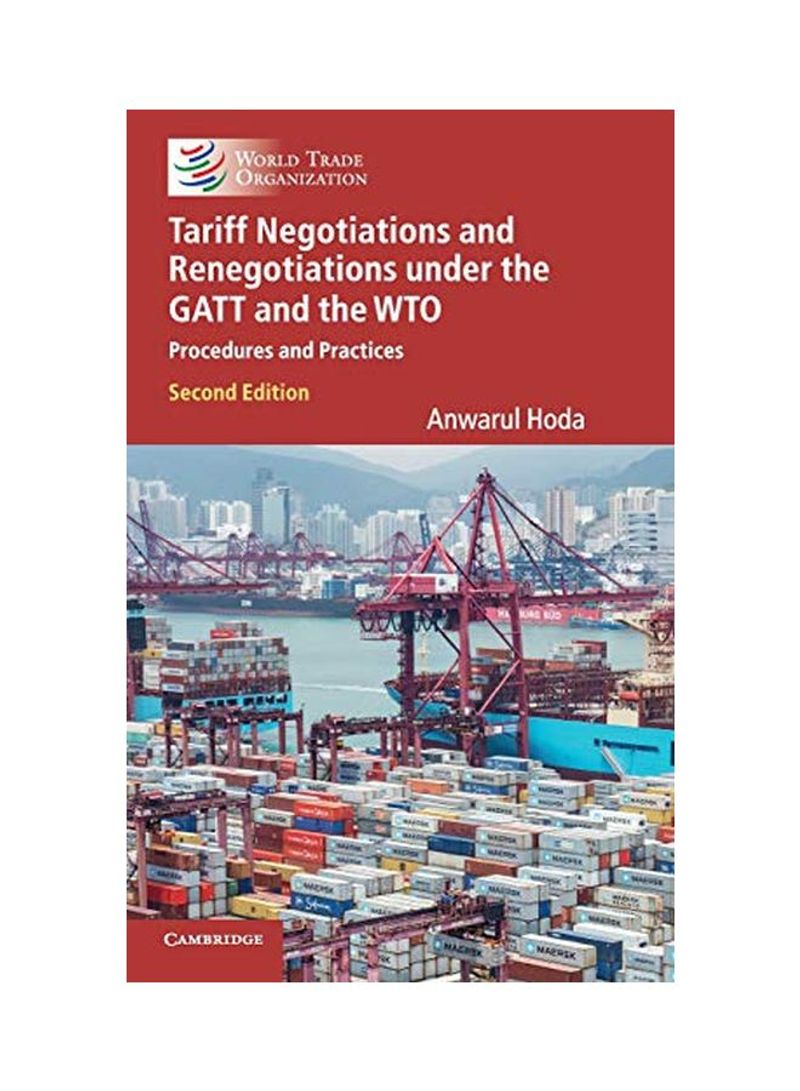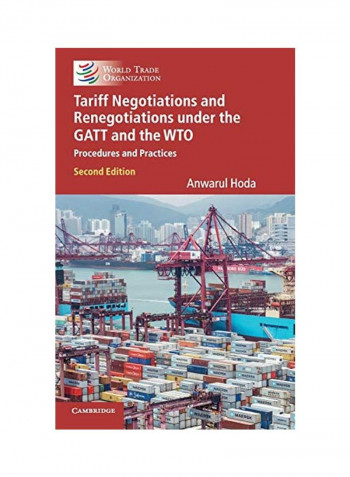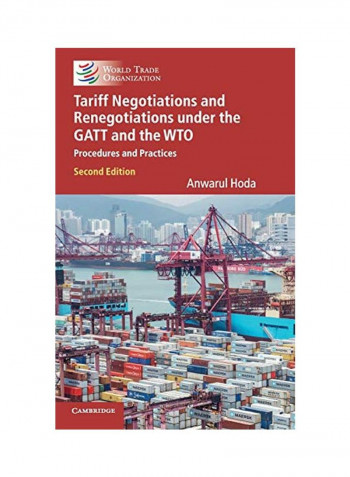Tariff Negotiations And Renegotiations Under The Gatt And The WTO: Procedures And Practices Paperback 2
Recommend
Sort by
Rating
Date
Specifications
Grade
New
Author 1
Anwarul Hoda
Book Description
Over the past seven decades, since the general agreement on tariffs and trade (gatt) was established in 1947, there has been a phenomenal increase in international trade in goods, largely due to sustained efforts by the world's main trading nations to reduce and eliminate tariff barriers in a multilaterally orchestrated manner. This publication reviews how the procedures and practices relating to tariff negotiations and renegotiations have evolved over this time. In particular, this new edition recounts how negotiations to expand the duty-free coverage of the information technology agreement were concluded and provides an account of tariff renegotiations regarding successive enlargements of the european union. It also covers tariff negotiations for the accession of a number of new members to the wto, such as china and russia. This book will be of particular interest to negotiators, members of government, trade ministries, economists and academics specialized in trade policy.
ISBN-10
1107194334
ISBN-13
9781107194335
Language
English
Publisher
Cambridge University Press
Publication Date
6 Mar 2019
Number of Pages
430
About the Author
Anwarul hoda is chair professor of the trade policy and wto research programme at the indian council for research on international economic relations (icrier). He is a former deputy director-general of the world trade organization in geneva, switzerland. His main publications as author are developing countries in the international trading system (1987) and tariff negotiations and renegotiations under the gatt and the wto (cambridge, 2001), and as editor, the wto agreement and indian agriculture (2002).
Edition Number
2
Editorial Review
Preface to the second edition; acknowledgements; abbreviations; 1. Legal framework for tariff negotiations and renegotiations under gatt 1994; 2. Tariff conferences and rounds of multilateral trade negotiations; 3. Bilateral and plurilateral negotiations; 4. Practice and procedures in renegotiations; 5. Schedules of tariff concessions: rectification, modification and consolidation; 6. Conclusions; appendix a. Key provisions in the havana charter and gatt 1994 and related decision and understandings; appendix b. Decisions and declarations commencing rounds of multilateral trade negotiations; appendix c. Protocols embodying the results of multilateral trade negotiations; appendix d. Decisions on procedures on renegotiations, rectifications, modifications and related subjects; bibliography.



